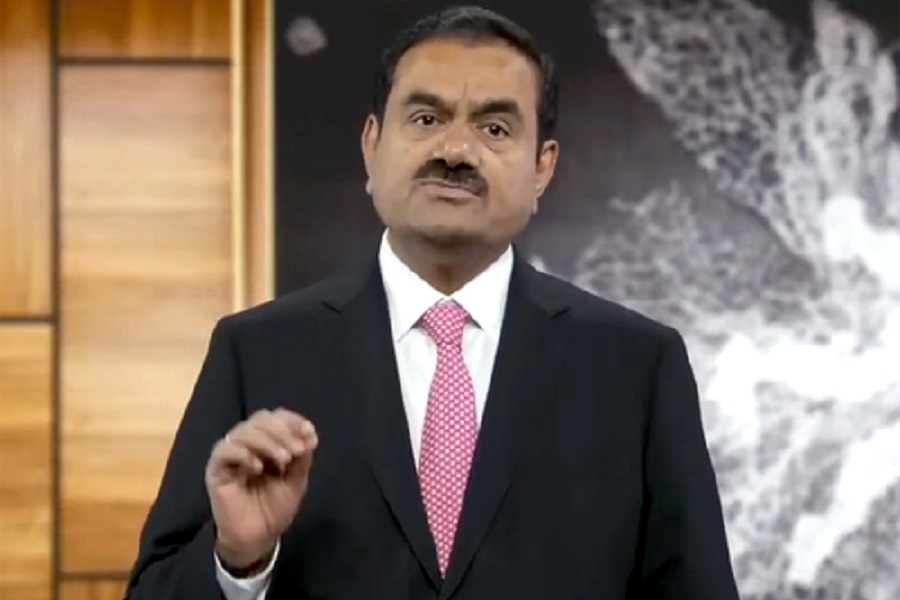Building Lasting Wealth: A Comprehensive Guide to Financial Success

Wealth is often perceived as the accumulation of money, assets, and material possessions, but true wealth is more than just financial success. It encompasses financial freedom, security, and the ability to live life on your own terms. Building lasting wealth requires a combination of smart financial decisions, disciplined saving, strategic investing, and understanding key concepts that will set you on the path to financial prosperity. This article provides a comprehensive guide on how to achieve wealth, focusing on both the mindset and practical steps you can take to secure a bright financial future.
1. Cultivating a Wealth-Building Mindset
The foundation of wealth starts with the mindset. Wealthy individuals often share one common trait: they think differently about money. They see wealth not as a destination but as a journey. This mindset shift is essential to achieving financial success. Rather than viewing money as something to spend, they see it as a tool to create opportunities and build long-term security.
To cultivate a wealth-building mindset, it's crucial to:
Set Clear Goals: Wealth doesn’t happen by accident. Setting clear, specific, and measurable financial goals gives you something concrete to work towards.
Embrace Patience: Building wealth is a marathon, not a sprint. Understand that it takes time and effort to grow your financial assets and that short-term setbacks are part of the process.
Focus on Value: Wealthy individuals often focus on creating value, whether through business, investment, or innovation. By concentrating on how you can provide value to others, you can unlock various avenues for wealth creation.
2. Financial Education: The Key to Smart Decisions
A strong understanding of financial principles is fundamental to wealth-building. Financial education allows you to make informed decisions about where to put your money, how to grow your savings, and how to avoid costly mistakes.
To enhance your financial literacy:
Learn the Basics: Understand basic financial concepts such as budgeting, debt management, and investing. These are the building blocks of any wealth strategy.
Understand Compound Interest: One of the most powerful forces in wealth-building is compound interest. The earlier you start saving and investing, the more your money works for you.
Diversify Your Investments: Don't put all your eggs in one basket. Spread your investments across different asset classes (stocks, bonds, real estate, etc.) to minimize risk and maximize returns over time.
3. The Importance of Saving and Budgeting
Saving money is an essential step in building wealth. Without savings, it’s difficult to invest, take advantage of opportunities, or weather financial storms. Creating a budget and sticking to it is key to increasing your savings rate.
Here are some strategies to boost your savings:
Automate Your Savings: Set up automatic transfers from your checking account to a high-yield savings account or investment fund. This "pay yourself first" strategy ensures that saving becomes a habit rather than an afterthought.
Cut Unnecessary Expenses: Review your spending habits regularly and identify areas where you can cut back. Redirect these savings towards your investment or emergency fund.
Build an Emergency Fund: Life is unpredictable, and having a cash cushion for emergencies will keep you from dipping into your investments or going into debt when unexpected expenses arise.
4. Strategic Investing for Long-Term Wealth
Investing is where the real wealth-building happens. By putting your money in assets that have the potential to grow over time, you create passive income streams and appreciate your wealth. However, investing comes with its own risks, and it’s important to approach it with a strategy.
Key principles to consider when investing:
Start Early and Be Consistent: The earlier you start investing, the more time your money has to grow. Even small, regular contributions to an investment portfolio can accumulate into significant wealth over time.
Take Calculated Risks: Investing always involves some level of risk. However, the higher the risk, the higher the potential reward. It’s essential to balance your risk tolerance with your long-term goals.
Use Tax-Advantaged Accounts: Leverage retirement accounts like 401(k)s and IRAs, which offer tax advantages that can boost your investment growth.
5. Diversifying Your Wealth Through Real Estate
Real estate is one of the most tried-and-true ways to build lasting wealth. Investing in property allows you to generate rental income while benefiting from long-term price appreciation. Real estate provides a hedge against inflation and can diversify your investment portfolio.
To get started with real estate investing:
Start Small: Real estate investments can be capital-intensive, so start with smaller properties or real estate investment trusts (REITs) that allow you to invest in real estate without needing to purchase property.
Research Local Markets: Real estate markets can vary significantly depending on location. Focus on growing markets where property values are appreciating and rental demand is strong.
Consider Passive Real Estate Investment: If you prefer not to manage properties directly, you can invest in real estate crowdfunding or REITs, which offer opportunities to invest in real estate projects without the hands-on management.
6. Building a Legacy and Giving Back
Wealth-building isn't just about accumulating assets for yourself. It's also about creating a lasting legacy that can benefit future generations. Many wealthy individuals think about how they can give back to their communities or provide opportunities for others.
Consider the following:
Estate Planning: Ensure that your wealth is passed on according to your wishes by creating a will or trust. This helps your heirs avoid unnecessary taxes and disputes.
Philanthropy: Giving back to causes that align with your values can provide a sense of fulfillment while making a positive impact on society.
Conclusion
Building lasting wealth is a combination of mindset, education, strategic planning, and disciplined action. By adopting the right financial habits, investing strategically, and making informed decisions, anyone can achieve financial success. Start today, and remember that wealth-building is a long-term journey—one that requires patience, persistence, and a clear focus on your goals. The sooner you start, the sooner you’ll be on the path to financial freedom.























